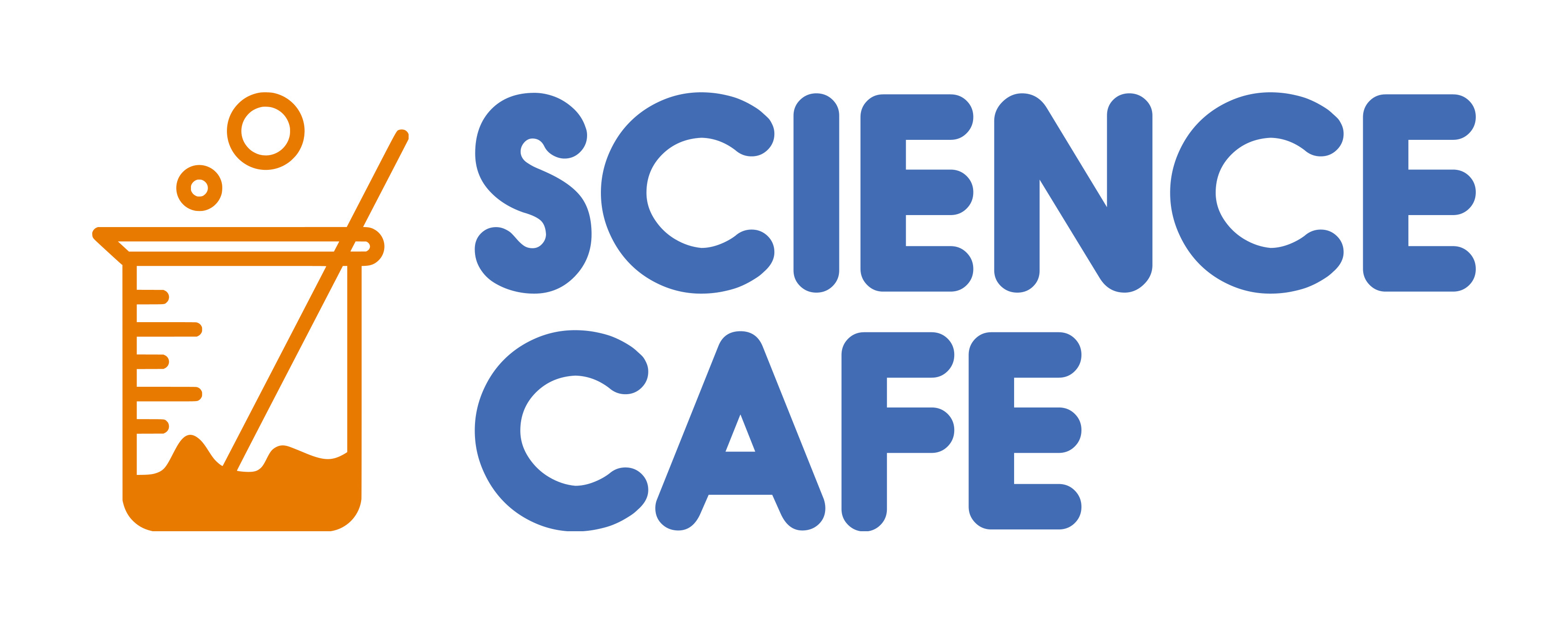From Classroom to Courtroom: How Inclusive Support Can Halt a Dark Trajectory
From Classroom to Courtroom: How Inclusive Support Can Halt a Dark Trajectory
In today’s education and health landscapes, neurodivergent individuals still face pillars—or falling points—of support. Three new developments—across healthcare, schooling, and justice—show why early, inclusive intervention matters more than ever.

1. Healthcare Inclusion Failing at the NHS Frontlines
The BMA’s survey reveals a stark reality: disabled or neurodivergent doctors face routine bullying and struggle to secure workplace accommodations. Despite legal mandates, 73% were unable to access adjustments and resorted to using personal time or funds.
Many contemplate leaving medicine altogether. This not only threatens individual well-being but also weakens the health system. Equitable working conditions must be non-negotiable, not obstacles.
The Times
2. Embedding Neuro-Inclusive Practice Early with PINS
The UK government’s Partnerships for Inclusion of Neurodiversity in Schools (PINS) programme is now reaching an additional 300,000 primary pupils through 1,200 newly onboarded schools. Teachers are being trained in early identification, inclusive practices, and engaging parents before needs escalate. Despite a reduction in funding from £13m to £9.5m, the reach and impact persist, suggesting that scalability is possible without compromising outcomes.
GOV.UK
3. Schools Without Safety Nets Feed a Pipeline to Criminal Justice
The University of Exeter’s research paints a harrowing picture: exclusion disproportionately impacts neurodisabled children. Those excluded enter the criminal justice system up to six years earlier. When early SEN and poverty combine, the risk compounds. School exclusion isn’t just an educational issue—it’s a societal one, with rising human cost.
News
A Three-Pronged Inclusive Strategy for Systemic Change
PillarAction in Practice:
Systemic Support. Mandate neurodiversity and disability training within healthcare employers to retain diverse talent.
Early Intervention Scale programmes, such as PINS, focus on inclusive pedagogy and parent-teacher collaboration.
Justice and Prevention: Enact alternatives to exclusion—such as restorative approaches, sensitivity training, and support within mainstream schools.
Action Points for Educators, Coaches, and Policymakers
Lobby healthcare trusts for clear neurodiversity and disability policies, safeguarding work retention.
Support schools to adopt PINS principles, advocating for sustained funding and longer-term outcomes analysis.
Invest in alternative solutions, such as in-school support and bridge programmes, to prevent children from falling through the system.
Final Reflection
These three fields—healthcare, education, and justice—reflect a shared need: systems that anticipate difference, rather than react. Inclusive care, instruction, and support can shift outcomes from abandonment to a sense of belonging.
When the needs of the neurodivergent are met early, with empathy and purpose, the path doesn’t diverge—it evolves. Let’s build systems where that evolution is the norm, not the exception.



